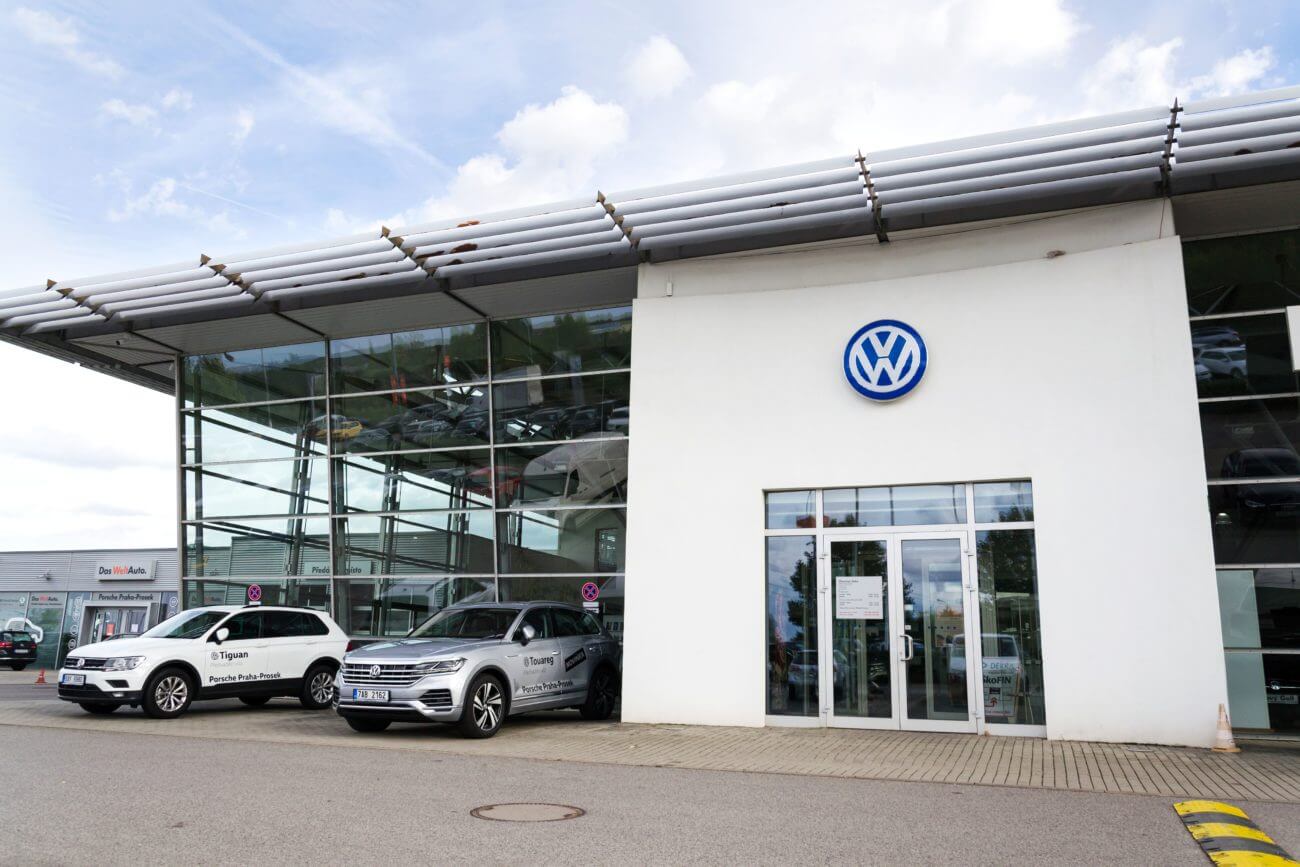Volkswagen Faces SEC Lawsuit Over “Dieselgate” Scandal

The German automaker is in trouble with the SEC for misleading investors. | Source: Shuttershock
German automaker Volkswagen is facing a lawsuit filed over its actions toward investors during the so-called “Dieselgate” scandal. Filed by the Securities and Exchange Commission (SEC), the lawsuit alleges that the automaker allowed investors to buy $13 billion worth of company bonds despite being aware of a growing scandal involving illegal software used to manipulate emissions’ testing results.
The “Dieselgate ” scandal of September 2015 revealed that Volkswagen cheated emissions tests on its diesel cars by installing illegal software to give them lower pollution readings. Since then, it has snowballed into an expensive global fiasco, costing the company more than $30 billion in fines and vehicle buybacks. Several senior company executives have also been charged for their alleged roles in the scandal.

Volkswagen Can’t Catch a Break
The basis of the SEC’s lawsuit is that by selling bonds to investors at those prices despite being aware of a developing scandal, Volkwagen and its senior management effectively carried out insider trading. The bonds in question were sold over a 13-month period from April 2014 through May 2015, making it difficult for the executives implicated to argue that they were unaware or did not have sufficient time to react.
An excerpt from the SEC civil complaint filed on Thursday lays out the commission’s position on the matter:
[Volkswagen] repeatedly lied to and misled United States investors, consumers, and regulators as part of an illegal scheme to sell its purportedly ‘clean diesel’ cars and billions of dollars of corporate bonds and other securities in the United States.
Under SEC regulations, it is illegal to mislead investors and obtain funds by presenting false information. According to a statement released by Volkswagen, the SEC’s lawsuit is “factually and legally flawed” as investors did not incur any losses and Volkswagen did not default on the bond terms.
An excerpt from the statement reads:
[The securities] were sold only to sophisticated investors who were not harmed and received all payments of interest and principal in full and on time.
Good News for Tesla?
While Volkswagen struggles to deal with the legal and financial fallout of Dieselgate, it is also using the crisis to pivot away from internal combustion vehicles and move toward more environmentally-friendly vehicles. Within the electric vehicle space, Tesla is the standing leader. Despite Elon Musk’s sometimes unsavory behavior and the company’s well-documented manufacturing and supply chain problems, Tesla remains at the top of the electric vehicle food chain.
Competitors like Volkswagen, GM and Chevrolet have made noise about investing billions of dollars in electric vehicle development to rival Tesla’s range. Their promises have led to a concrete statement of intent, such as a mid-range sedan to compete with the Model 3.
If one thing emerges out of Dieselgate for Tesla, it’s that it took a global PR disaster and a financially ruinous scandal to convince Volkswagen to put more resources into EV research. This shows that Tesla’s mainstream competitors are possibly overstating their readiness to compete in the EV space. Even if they do make the jump in the short-term, Tesla retains technical superiority and first-mover advantage.
Disclaimer: The views expressed in the article are solely those of the author and do not represent those of, nor should they be attributed to, CCN.com.